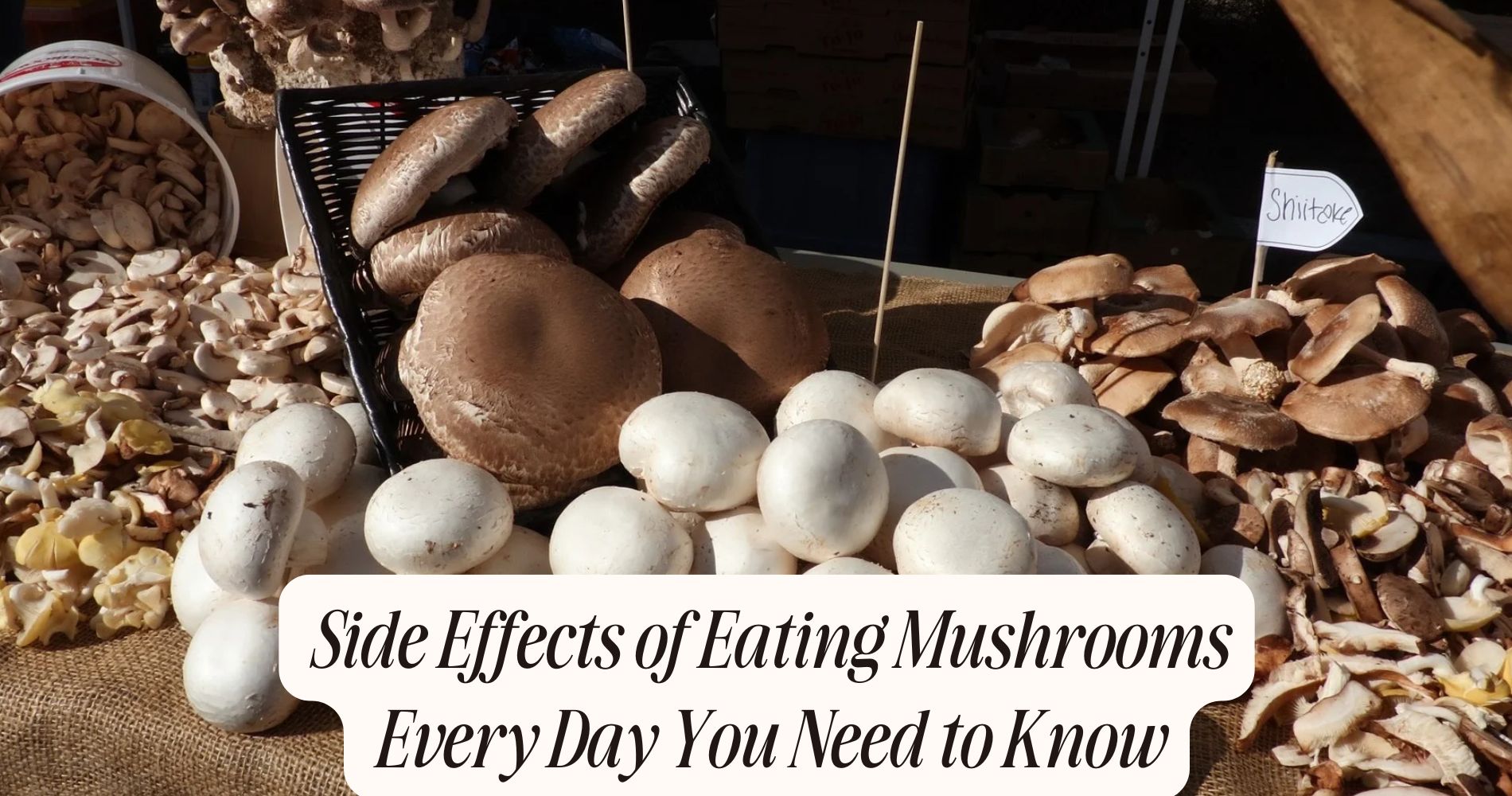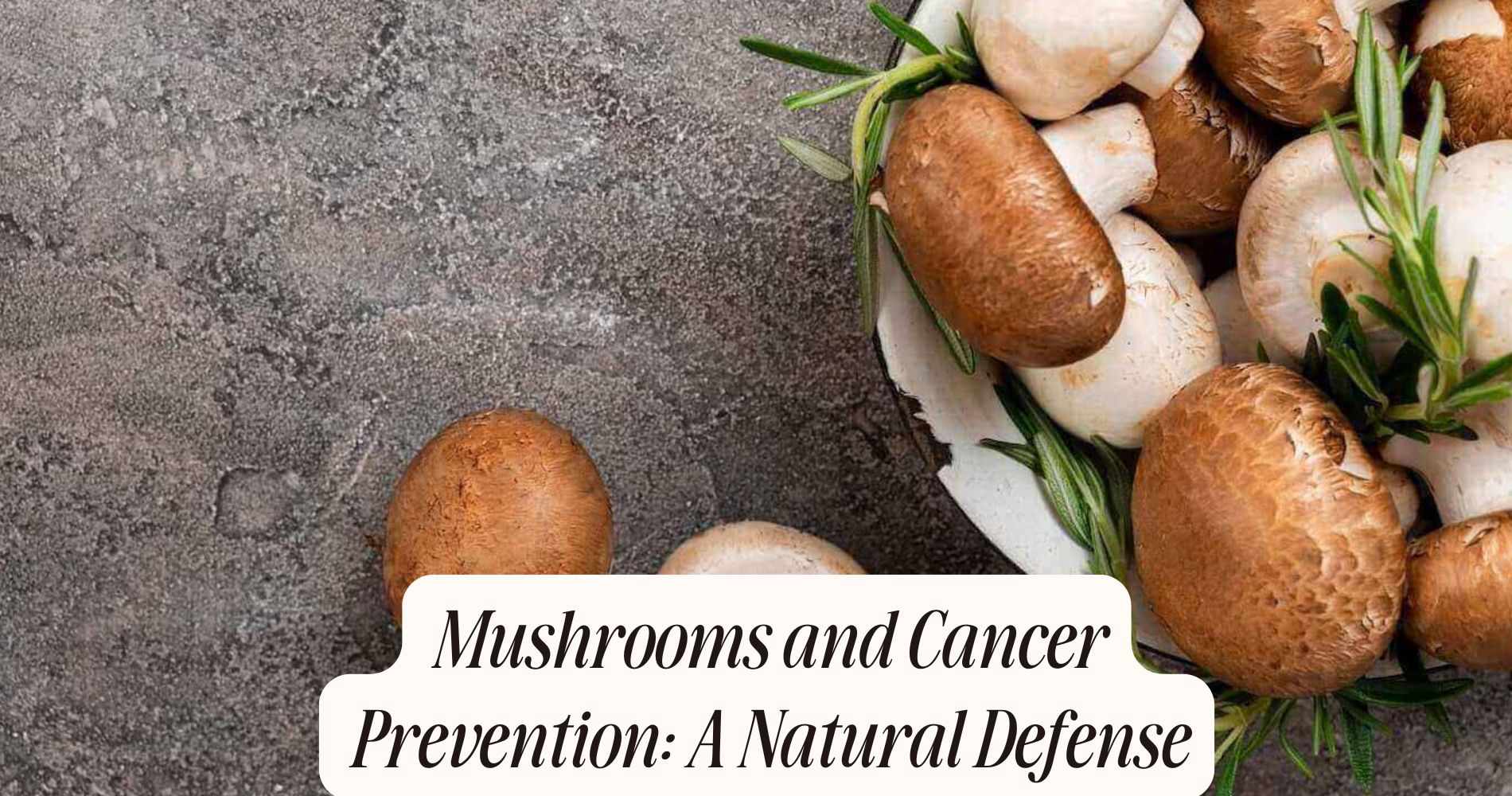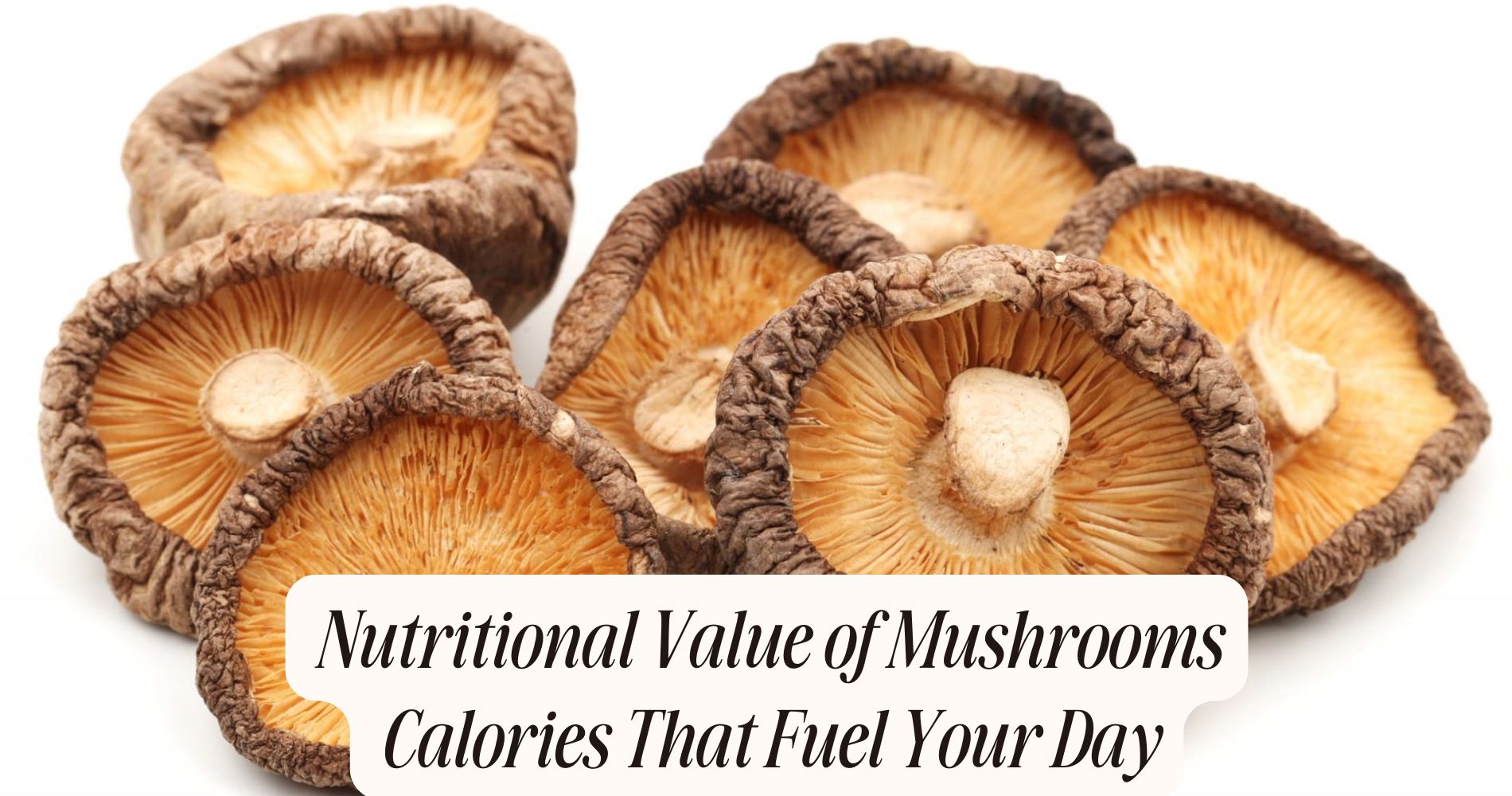
Side Effects of Eating Mushrooms Every Day You Need to Know
Allergic Reactions to Mushrooms
Experiencing allergic reactions to mushrooms can be alarming and may even pose serious health risks. Mushroom allergies are relatively rare, but they can trigger significant immune responses in susceptible individuals. When you consume mushrooms, your immune system might mistakenly identify certain proteins as harmful, leading to an allergic reaction. Symptoms can range from mild to severe and may include hives, itching, or swelling.
You should be particularly cautious if you have a history of food allergies, as this can increase your risk of mushroom allergies. Some people may also experience cross-reactivity with other fungi or molds, which could heighten their sensitivity.
It's important to recognize these symptoms early and consult a healthcare professional for proper diagnosis and management. If you suspect you have a mushroom allergy, consider keeping a food diary to track your reactions and identify potential triggers.
Avoiding mushrooms altogether is often the best course of action for those with confirmed allergies. By understanding the nature of mushroom allergies and your immune response, you can make informed dietary choices and minimize the risk of adverse reactions. Always prioritize your health and safety when trying new foods.
Digestive Issues and Discomfort
Many people may encounter digestive issues and discomfort after consuming mushrooms, particularly if they've sensitive stomachs or specific food intolerances. The high fiber content in mushrooms, while beneficial for most, can lead to bloating and gas for some individuals. If you're not used to a fiber-rich diet, introducing mushrooms suddenly might upset your digestive system.
Cooking methods can also play a significant role in how mushrooms affect your digestion. Raw mushrooms contain certain compounds that can be hard to digest, potentially leading to discomfort. Cooking them properly can help break down these compounds, making them easier on your stomach. Sautéing, steaming, or roasting mushrooms can enhance their digestibility and nutritional value.

If you notice persistent digestive issues after eating mushrooms, consider moderating your intake or experimenting with different types and cooking methods. Some people find that specific varieties, such as shiitake or portobello, are easier to digest than others.
Listening to your body and adjusting your diet accordingly is key to enjoying mushrooms without unpleasant side effects.
Heavy Metal Accumulation
When you consume mushrooms, it's important to be aware of their potential to accumulate heavy metals from the environment, such as lead and mercury.
These contaminants can pose health risks, including neurological damage and impaired kidney function.
To minimize exposure, you can focus on sourcing mushrooms from reputable suppliers and practicing safe foraging techniques.
Sources of Heavy Metals
Heavy metals can accumulate in mushrooms due to various environmental factors, making it vital to understand their sources. One primary heavy metal source is contaminated soil. When mushrooms are cultivated in areas with high levels of pollutants, such as industrial sites, they can absorb these metals from the ground.
Additionally, the use of fertilizers and pesticides in mushroom cultivation can introduce heavy metals into the growing medium.
Water sources also play a significant role. If you're using water that contains heavy metals for irrigation, those contaminants can be taken up by the mushrooms as they grow.
Airborne pollutants, including those from vehicle emissions and industrial processes, can contribute to heavy metal accumulation as well. Mushrooms, being efficient bioaccumulators, can concentrate these metals from their environment, posing a risk if consumed regularly.
To minimize heavy metal exposure, it's essential to source mushrooms from reputable growers who monitor their cultivation practices.
Understanding these heavy metal sources can help you make informed decisions about the mushrooms you choose to include in your diet. Being aware of where your mushrooms come from is a key step in ensuring their safety.
Health Risks Involved
Consuming mushrooms that have accumulated heavy metals can pose significant health risks. Certain mushroom varieties, particularly those grown in contaminated environments, can absorb harmful substances like lead, cadmium, and mercury.
If you're eating these mushrooms daily, you might unknowingly increase your exposure to these toxic metals, which can lead to serious health issues over time.
Heavy metal accumulation in the body can cause a range of problems, including neurological disorders, kidney damage, and compromised immune function. Research indicates that chronic exposure to heavy metals can also contribute to the development of certain cancers.
The risks are particularly concerning for vulnerable populations, such as children and pregnant women, who may experience more severe effects.
While mushrooms can be a nutritious addition to your diet, it's essential to be mindful of where they come from. If you consume mushrooms every day, opting for varieties known for their lower risk of contamination—such as shiitake or oyster mushrooms—can be a safer choice.
Always consider sourcing your mushrooms from reputable suppliers to mitigate the risks associated with heavy metal accumulation.
Prevention Strategies Explained
To mitigate the risks associated with heavy metal accumulation in mushrooms, implementing effective prevention strategies is essential.
Start by focusing on mushroom variety selection. Some varieties, like shiitake and oyster mushrooms, are typically lower in heavy metals compared to others. Research the origins of the mushrooms you purchase, as those grown in contaminated areas may have higher levels of harmful substances.

Next, pay attention to mushroom preparation methods. Proper cleaning is vital; rinse your mushrooms thoroughly under running water to remove surface contaminants. Cooking can also help reduce some heavy metal content, so consider sautéing, boiling, or steaming your mushrooms before consumption. Avoid consuming raw mushrooms, as cooking can break down some harmful substances.
Additionally, consider sourcing mushrooms from reputable suppliers or local farms that follow safe agricultural practices.
You might also want to diversify your diet with other vegetables and protein sources to minimize potential exposure. By taking these steps, you can enjoy the health benefits of mushrooms while reducing the risk of heavy metal accumulation and ensuring a safer, more nutritious experience.
Nutrient Interactions and Absorption
When it comes to nutrient interactions and absorption, mushrooms can play a surprisingly complex role in your diet. These fungi contain various vitamins and minerals, like vitamin D and selenium, which contribute to nutrient synergy. This means that the presence of certain nutrients can enhance the absorption of others, optimizing your overall nutrient intake.
For instance, consuming mushrooms alongside vitamin C-rich foods may boost the absorption rates of iron, which is especially beneficial for those following a plant-based diet.
However, it's important to reflect on how mushrooms can also affect the absorption of specific nutrients. Their high fiber content can sometimes impede the absorption of minerals like calcium and magnesium if consumed in excessive amounts.
Balancing your mushroom intake with other nutrient-dense foods can help mitigate any potential negative effects while reaping their benefits.
Ultimately, incorporating mushrooms into your daily meals can be advantageous, but awareness of their interactions with other nutrients is significant. By doing so, you can guarantee that you're maximizing absorption and supporting your overall health effectively.
Keep in mind that moderation and variety are key to a well-rounded diet.
Potential Toxicity of Certain Varieties
When it comes to mushrooms, not all varieties are safe to eat. Some common toxic types can cause serious health issues, and recognizing the symptoms of mushroom poisoning is essential for your safety.
To enjoy mushrooms without risk, you'll want to follow safe consumption guidelines and be informed about what you're eating.
Common Toxic Mushroom Types
Mushrooms can be a delightful addition to your meals, but it's important to recognize that not all varieties are safe to eat. Fungal identification is fundamental for anyone interested in foraging or consuming wild mushrooms. Many toxic species can resemble edible ones, so being able to differentiate them is essential.
Some of the most common toxic mushrooms include the Amanita phalloides, also known as the death cap, and the Amanita muscaria, or fly agaric. The death cap contains potent toxins that can lead to severe liver damage, while the fly agaric can cause hallucinations and gastrointestinal distress.
Understanding mushroom ecology can help you identify which species are likely to be found in your area and their potential risk factors. When exploring mushrooms, always consider their habitat and characteristics, as these factors play a significant role in their toxicity.
If you're unsure about the safety of a mushroom, it's best to err on the side of caution and avoid consuming it. Remember, proper education and caution can enable you to enjoy the benefits of mushrooms without risking your health.
Symptoms of Mushroom Poisoning
Identifying toxic mushrooms is only the first step; understanding the symptoms of mushroom poisoning is equally important. When you consume a toxic variety, the poisoning symptoms can manifest in various ways, often depending on the type of mushroom ingested.
Commonly, you might experience gastrointestinal issues, such as nausea, vomiting, and diarrhea, typically appearing within a few hours of consumption.
In more severe cases, especially with highly toxic mushrooms like the Amanita species, symptoms may not show until 12 to 24 hours later. You could initially feel fine, only to then suffer from abdominal pain, liver damage, or even neurological symptoms like confusion and seizures.

It's essential to pay attention to these signs and seek medical assistance immediately if you suspect mushroom poisoning. The delay in symptoms can make it easy to underestimate the seriousness of the situation.
Safe Consumption Guidelines
Steering through the world of mushrooms can be thrilling, but it's vital to follow safe consumption guidelines to avoid potential toxicity from certain varieties.
While mushrooms offer numerous daily consumption benefits—such as improved immunity and antioxidants—some species can be harmful if ingested.
When selecting mushrooms, it's important to rely on mushroom selection tips. Stick to well-known varieties like button, shiitake, and portobello, which are widely regarded as safe and nutritious.
Avoid wild mushrooms unless you're an expert or have guidance from a trusted source, as many toxic varieties closely resemble edible ones.
Proper handling and cooking are also key. Always clean mushrooms thoroughly to remove any contaminants, and cook them well to improve digestibility and reduce potential toxins.
While many mushrooms can be included in your daily diet, moderation is important. Eating a diverse range of foods helps mitigate the risks associated with any single food source.
Effects on Blood Sugar Levels
Understanding the impact of certain foods on blood sugar levels is essential for maintaining overall health, especially for those managing diabetes or insulin resistance. When it comes to mushrooms, research suggests they can play a beneficial role in blood sugar regulation. These fungi are low in carbohydrates and high in fiber, which means they've a minimal impact on your blood sugar levels compared to other foods.
Additionally, mushrooms contain compounds like polysaccharides and beta-glucans, which may enhance insulin sensitivity. Improved insulin sensitivity helps your body use insulin more effectively, leading to better blood sugar control. Regularly incorporating mushrooms into your diet can contribute to more stable glucose levels, especially when paired with other healthy foods.

However, it's vital to remember that mushrooms shouldn't be viewed as a cure-all. While they can support blood sugar management, they should be part of a balanced diet combined with other nutrient-dense foods.
Always consult your healthcare provider for personalized advice, particularly if you're managing a condition like diabetes. By being mindful of your overall diet, you can optimize your health and well-being.
Impact on Gut Microbiome
Eating mushrooms can greatly impact your gut microbiome, which plays a fundamental role in your overall health. Mushrooms are rich in prebiotic fibers, particularly beta-glucans, that help nourish beneficial bacteria in your gut. By incorporating mushrooms into your daily diet, you can support microbiome balance, promoting the growth of good bacteria while inhibiting harmful strains.
Research indicates that a diverse gut microbiome contributes to better gut health, improved digestion, and enhanced immune function. Regular consumption of mushrooms can increase the diversity of your gut flora, which is important for maintaining this balance.
Additionally, certain types of mushrooms, like shiitake and maitake, contain compounds that have been shown to have anti-inflammatory effects, further supporting gut health.
However, it's necessary to consume a variety of mushrooms and not rely solely on one type, as diversity is key to a healthy microbiome. Some individuals may experience digestive discomfort if they consume mushrooms in excess, so moderation is significant.
Enjoy Mushroom Benefits Without Worry with 10-IN-1 MUSHROOM GUMMIES
If you're concerned about the side effects of eating mushrooms every day but still want the benefits, Well Gummies’ 10-IN-1 MUSHROOM GUMMIES are a perfect choice. Each vegan-friendly gummy includes 10 functional mushrooms, offering immune support, calm energy, and mental clarity without the need for daily meal prep or concerns over side effects. With a delicious wild berry flavor, these gummies make it easy to incorporate the health benefits of mushrooms into your routine—no jitters, no crash, just balanced, sustained support. Enjoy a safe, tasty way to boost your wellness with these convenient gummies.
Frequently Asked Questions
Can Mushrooms Cause Headaches or Migraines in Some Individuals?
Mushrooms can trigger headaches or migraines in some individuals, especially those with mushroom allergies or histamine sensitivity. If you notice symptoms after consuming mushrooms, it's wise to consult a healthcare professional for personalized advice.
Are There Specific Mushrooms Safer for Daily Consumption?
When considering specific mushrooms for daily consumption, focus on varieties like shiitake and portobello. They offer nutritional benefits, including vitamins and antioxidants, making them safer choices for regular intake compared to others that may pose risks.
How Do Cooking Methods Affect Mushroom Health Benefits?
Cooking techniques greatly influence nutrient preservation in mushrooms. Steaming or sautéing retains more vitamins compared to boiling, which can leach nutrients. To maximize health benefits, consider how you prepare your mushrooms before enjoying them.
Can Mushrooms Interact With Prescription Medications?
Yes, mushrooms can interact with certain medications. You should be aware of potential mushroom interactions that might alter medication effects, especially with anticoagulants and immunosuppressants. Always consult your healthcare provider before adding mushrooms to your diet.
Is It Safe to Consume Wild Mushrooms Daily?
Consuming wild mushrooms daily can be risky due to wild mushroom toxicity, which varies by type. However, if you choose safe varieties, you'll enjoy daily mushroom benefits, like enhanced nutrition and potential health improvements. Always verify mushroom safety!
Conclusion
Incorporating mushrooms into your daily diet can offer numerous health benefits, but it's crucial to be aware of potential side effects. From allergic reactions and digestive issues to heavy metal accumulation and nutrient interactions, you should approach mushroom consumption with caution. Always opt for safe varieties and consider your individual health needs. Balancing your diet with diverse foods can help mitigate risks while still allowing you to enjoy the unique flavors and nutrients mushrooms provide.




